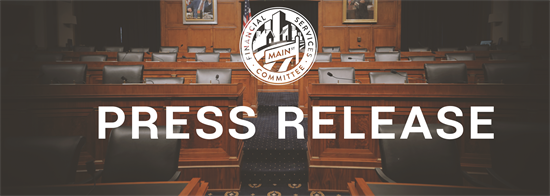Hensarling Statement on CFIUS Modernization Agreement
Washington,
July 23, 2018
House Financial Services Committee Chairman Jeb Hensarling (R-TX) issued the following statement on an agreement to modernize the Committee on Foreign Investment in the U.S. (CFIUS) as a part of the National Defense Authorization Act (NDAA). “The House has spent the past several months examining how to modernize CFIUS in a way that will allow us to address emerging national security needs while keeping America’s doors open to investment. Our Committee worked together to come up with a bipartisan plan that fundamentally altered proposals affecting outbound and inbound investments. A 400-2 vote for the House version of the bill could not have been stronger. After meaningful discussions and negotiations with our Senate colleagues, we were able to reach agreement on a plan that will enhance the review process without massive government overreach. “I especially want to thank the sponsor of the House’s CFIUS bill, Congressman Robert Pittenger, who has been a tireless advocate for reform. I also want to congratulate my colleague and Monetary Policy and Trade Subcommittee Chairman Andy Barr, whose leadership was critical to the process, and Congressman Ed Royce, the Chairman of the House Foreign Affairs Committee, for his export control reforms which will help our country keep its technological edge while bolstering our national security.” The provisions in the final CFIUS agreement taken from the House bill include:
|


